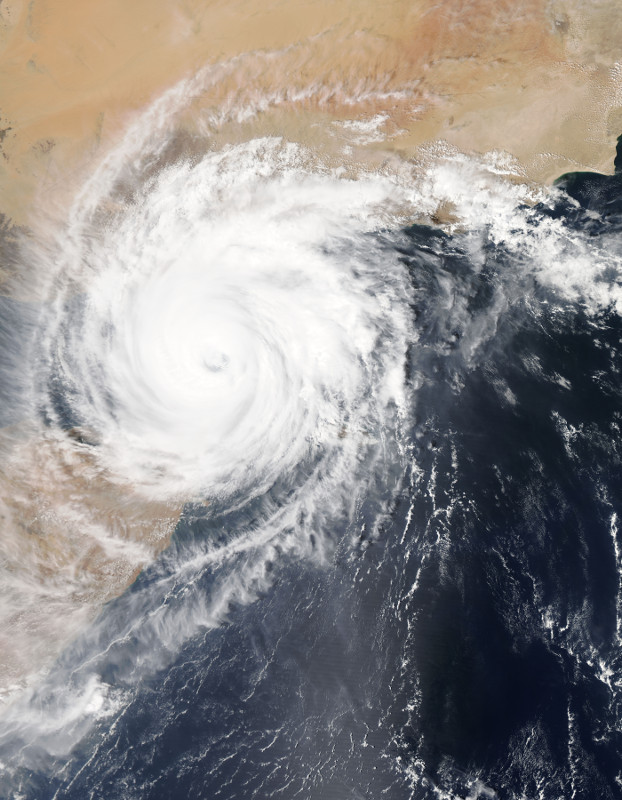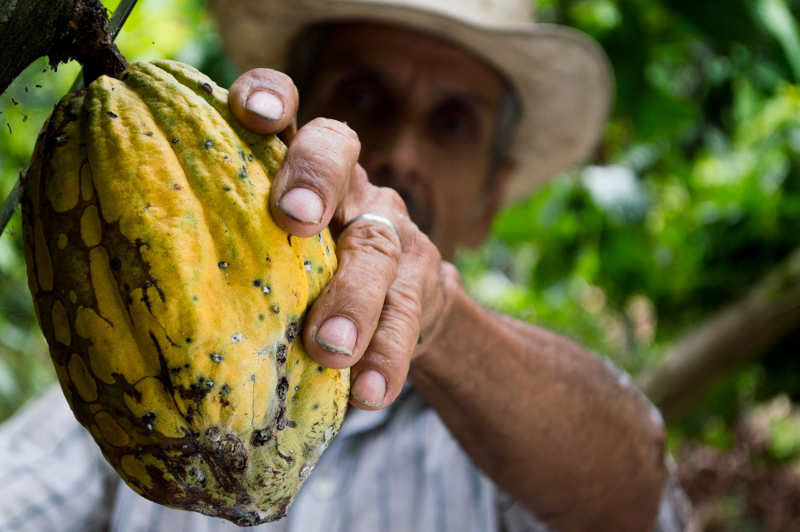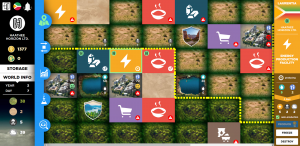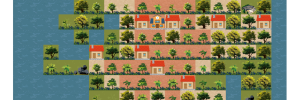While the overall awareness of climate change is growing, most of us realise that it affects global population dramatically, bringing about hurricanes, droughts or floods. Yet, paradoxically, a lot of people chose to ignore the elephant in the room. As the 2016 report from the Yale Program on Climate Change Communication suggests, although 61 percent of Americans admit global warming is personally important to them, 68 percent rarely or never talk about it with their friends or colleagues. This statistics inevitably lead to the question about human psychology: why do most of us understand the threat of climate change, and yet keep on ignoring it?
“Spiral of silence”

While the report’s authors imply that the reason behind this “spiral of silence” is the fear of social consequences of sharing an unpopular opinion, the Nobel-winning cognitive psychologist Daniel Kahneman seems to find an alternative yet complementary answer. The researcher suggests that most humans tend to follow their natural sense of social competition, which makes us seek for external reasons behind problems. Meanwhile climate change is “a perfect and undetectable crime everyone contributes to but for which no one has a motive.”
When it comes to climate change, there is no clear division into innocent and guilty ones. We all do what we have to do – drive to work, heat our homes, cook our food. Global warming seems a distant problem, and to avoid its “uncertain” disastrous consequences, we would have to make inconvenient sacrifices, resigning from things we are so used to. Most of us are unwilling to do it because our brains stay focused on short-term needs: family safety, a career, a new car or the latest Smartphone. No one bothers about seemingly unpredictable and remote results, such as a flood in India or a hurricane in the Caribbean.
Morning coffee, a chocolate bar and a five o’clock tea
But are the climate change consequences really so remotely related to our daily consuming-oriented lives? Let’s think about your favourite treats: a morning coffee on a porch, a chocolate bar between the meals, and a five o’clock tea – all of these minor yet important pleasures may be actually in danger due to the climate change.

Similarly, cocoa and coffee cultivation areas are shrinking dramatically, as they grow warmer, drier, and less suitable to agricultural use. “These changes in climatic suitability are predicted to take place over a time period of almost 40 years.” In a worst-case scenario, with no mitigation and adaptation measures undertaken, our grand- and great-grandchildren would know the brown treat only from photos.
How to talk about climate change?

The threat of losing access to the most willingly consumed goods may seem a reasonable argument for rethinking our daily habits. But what about the “spiral of silence”? How can we break the taboo of not talking about serious matters with family, friends or colleagues? With the growing popularity of experiential and game-based learning, a lot of social simulations and serious games, such as Catan: Oil Springs, Climate Health Impact or EchoChains, to name just a few, are being released with a goal of raising awareness of environmental issues. They offer a safe yet fun and engaging environment for spurring an inspiring discussion on climate-related issues, which makes them less abstract and closer to our daily-life.
Some of these games are free to use, which makes them even more accessible and easy to apply. No matter whether you plan to conduct an informal lesson about climate change with your learners or just initiate a talk with your close friends, Climate Game may turn a perfect choice. Over several rounds of competing for timber and other resources, the players may personally experience the consequences of overconsumption and environment degeneration. They can either destroy or save the island they live on, and the deep debriefing session after the game helps them understand the significance of both scenarios, breaking the “spiral of silence”.
If you find the issue interesting, browse more games on the topic in the Gamepedia, and share your experience in comments below the post!





